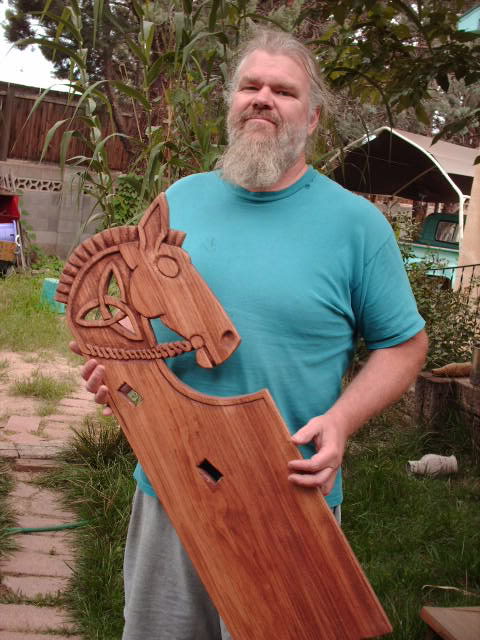Realize your unschooling life and someone else’s unschooling life won’t look exactly just the same, and that’s because your kids and their kids, your partner and their partner, your house and their house, your interests and their interests… they’re not the same either. But still read, talk, and think about what you are doing, and listen to what others are doing. Learn from the example of people who have been there/done that, and be an example for those who will come after you on the unschooling path.
—Colleen Prieto
photo by Sandra Dodd




















